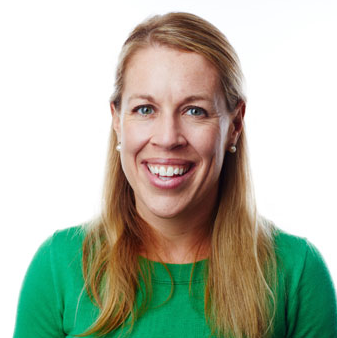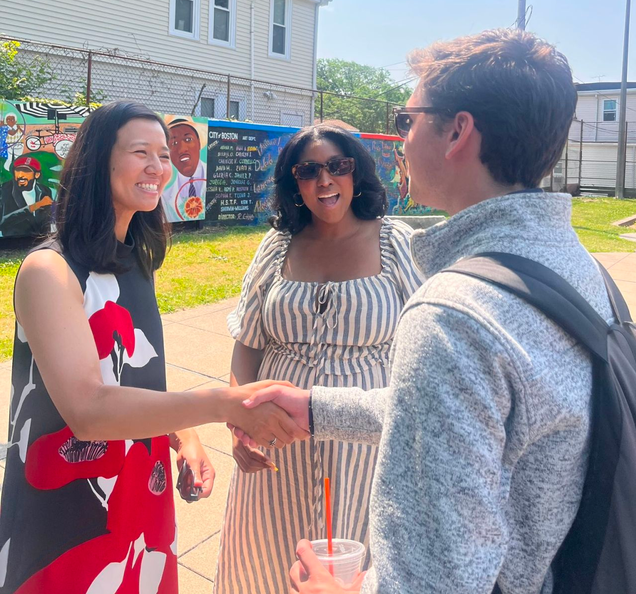Emilia Wisniewski (COM’25)
When neuroscience major Nzna Nguyen (CAS’26) secured an internship with Generation Teach, a non-for-profit that serves children of color in public schools, she wasn’t sure how she would afford housing for the summer.
Then she learned about the CAS Experiential Learning Connector’s new Summer Internship Support Program, which provided campus housing and a meal plan to a group of students with unpaid or low-paid internships.
“I didn’t have to worry about housing or meal costs,” said Nguyen, who earned a small stipend teaching sixth grade students. “Because of the Connector program, I was able to focus on my work, getting to know awesome students who expressed themselves through mediums as funny and relatable comics!”
In addition to covering essentials, the Summer Internship Support Program provided a space for participants to connect and reflect about their internship experiences. The six students met regularly to discuss what they were learning, how they had acclimated to their professional spaces, and how their summer work connected to their Arts & Sciences education. They also completed short assignments, including a pre- and post-internship self-assessment, as well as an end-of-summer video.
“I really appreciated the questions asked and the opportunity to reflect,” said Political Science major Caroline McCord (CAS’24), who worked as a programming and media intern at Concord Prison Outreach, an organization committed to helping people who are incarcerated build better lives for themselves and their families. “Bouncing ideas and reflections off each other was super helpful and interesting, and I really appreciate growing as a community through these meetings.”
The CAS Experiential Learning Connector was created in 2022 to empower undergraduate students to identify and access the many experiential learning opportunities available to them. It is supported through a $2.5 million anonymous gift from a generous donor.
Erin Salius, the inaugural director of the Experiential Learning Connector, said the idea for the Student Internship Support Program came from years of hearing how hard it was to find affordable housing in Boston during the summer.

“Students would have to turn down fantastic opportunities, simply because they couldn’t afford the high costs of summer housing,” Salius said. “The support provided by the program enables students to take internships that they wouldn’t otherwise be able to.”
Salius said she’s energized by the students, who, in addition to Concord Prison Outreach and Generation Teach, are working at organizations including the Boston Preservation Alliance, the Boston City Council, the Harvard TH Chan School of Public Health, and the MGH-neurology lab.
“It’s a lively, fun, and supportive atmosphere,” Salius said. “They’re all doing such fascinating work — from research in professional labs to prison outreach — and learning so much. And what’s most exciting for me is that they’re all thinking really hard about how to give back to the CAS community.”

Nguyen said she enjoyed getting to know Salius and connecting with students in other majors — including Architectural Studies, Biochemistry, Computer Science, Architectural Studies, Political Science — who are also going through internship experiences.
“It was nice to have my program director and other people to give insights and advice and just listen when people were talking about the highs and lows of the weeks as an intern,” she said. “We’re all here doing some pretty difficult work and we’re all interns and we’re all contributing a lot to the world.”
McCord said the free housing and dining enabled her to focus on the experience itself, rather than how she would afford the summer, giving her time to better understand her future career goals.
“I would highly recommend it to any student who wants a strong experiential learning experience, a tight-knit community, and the financial freedom to succeed during their summer,” she said. “This program directly allowed me to focus on my career goals and develop a stronger connection to the world outside of academia, and I am very happy that I was able to benefit from it! The support was imperative to my success this summer and is truly a reason that I am now so passionate about and prepared for my upcoming career.”